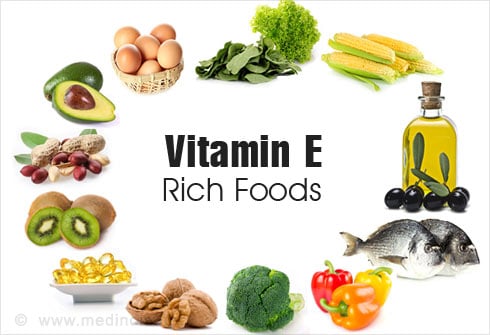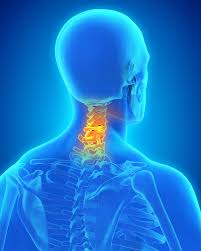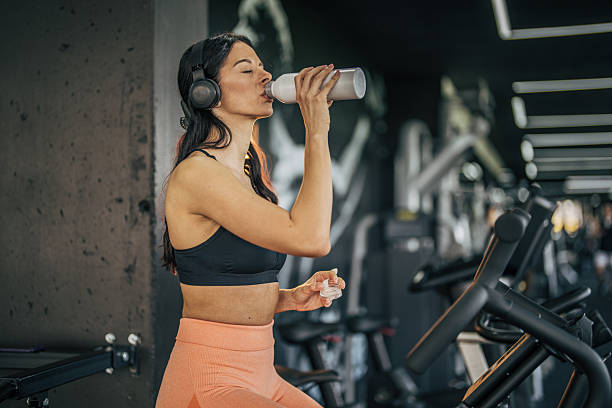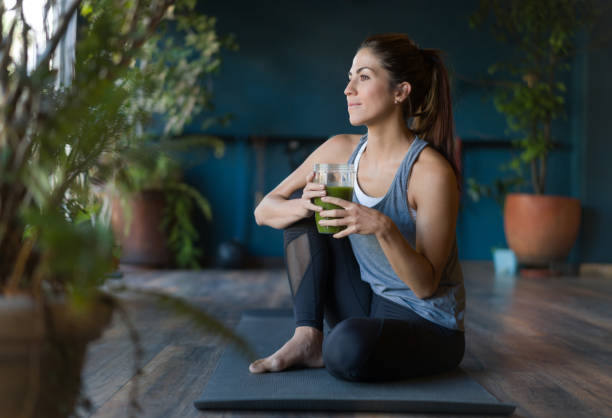Top Vitamin E-Rich Foods for Boosting Immunity and Heart Health
Vitamin E plays a crucial role in protecting your cells from damage and maintaining a healthy immune system, making it an essential nutrient for overall well-being. But do you know what foods are high in vitamin E and why you need it?
Let’s dive into the benefits of this powerhouse antioxidant and explore some of the best vitamin E-rich foods you can incorporate into your diet.
Why You Need Vitamin E
Vitamin E is more than just an antioxidant; it helps in several essential body functions:
1. Antioxidant Power: Vitamin E neutralizes free radicals—unstable molecules that can damage cells and contribute to inflammation and aging .
2. Immune Support: It enhances the body’s immune response, helping fight infections by supporting the function of immune cells .
3. Heart Health: Vitamin E plays a key role in reducing oxidative stress, which contributes to heart disease. It may help in maintaining healthy cholesterol levels and prevent the clumping of blood platelets, which is beneficial for cardiovascular health .
4. Skin Health: Known for its skin-nourishing properties, Vitamin E is often used to heal wounds, hydrate skin, and reduce signs of aging .
Top Vitamin E-Rich Foods
If you’re looking to boost your intake of vitamin E naturally, here are some of the top foods that pack this nutrient:
1. Nuts and Seeds
– Almonds: One of the richest sources of vitamin E. A small handful (about 1 oz) contains roughly 7.3 mg of Vitamin E, which is 49% of the daily recommended value .
– Sunflower Seeds: Just a quarter-cup provides over 80% of the daily requirement. These seeds are also high in selenium and magnesium, great for overall health .
– Hazelnuts: Another nut high in vitamin E, delivering about 20% of your daily needs in a single ounce.
2. Leafy Greens and Vegetables
– Swiss Chard: This nutrient-dense green provides significant vitamin E content along with vitamins K, A, and C.
– Broccoli: Besides being packed with vitamin C and fiber, broccoli contains 1.5 mg of vitamin E per cup .
– Red Sweet Peppers: High in antioxidants, one cup of red sweet peppers provides about 2 mg of vitamin E.
3. Fruits
– Avocados: One of the best fruit sources of vitamin E, avocados also provide healthy fats that help with the absorption of fat-soluble vitamins .
– Kiwi: Rich in both vitamin E and C, kiwi supports immunity and skin health.
– Mango: Sweet and packed with antioxidants, mangoes provide a delicious dose of vitamin E.
4. Plant-Based Oils
– Sunflower Oil: Just a tablespoon offers about 28% of your daily vitamin E needs .
– Safflower Oil: This oil is rich in vitamin E and beneficial for heart health.
– Wheat Germ Oil: One of the most concentrated sources of vitamin E, providing over 135% of the daily value per tablespoon.
5. Fortified Foods
– Many breakfast cereals and spreads like peanut butter are fortified with vitamin E, making it easy to increase your intake.
6. Fatty Fish
– Salmon: Loaded with healthy fats and vitamin E, salmon helps with heart health and brain function .
– Trout: Another fish rich in both vitamin E and omega-3 fatty acids.
Should You Supplement with Vitamin E?
Vitamin E deficiency is rare in well-nourished individuals, but if your diet lacks enough of the foods mentioned, or if you’re cutting back on fats, you might consider supplements. Excessive supplementation, however, can lead to health risks, so it’s important to consult with a healthcare professional before adding high-dose supplements .
Final Thoughts
Vitamin E is essential for boosting immunity, protecting your heart, and keeping your skin healthy. By including more vitamin E-rich foods like almonds, sunflower seeds, avocados, and leafy greens in your diet, you can ensure you’re getting enough of this crucial nutrient naturally. Stay antioxidized and heart-strong with these delicious, vitamin-packed options!






